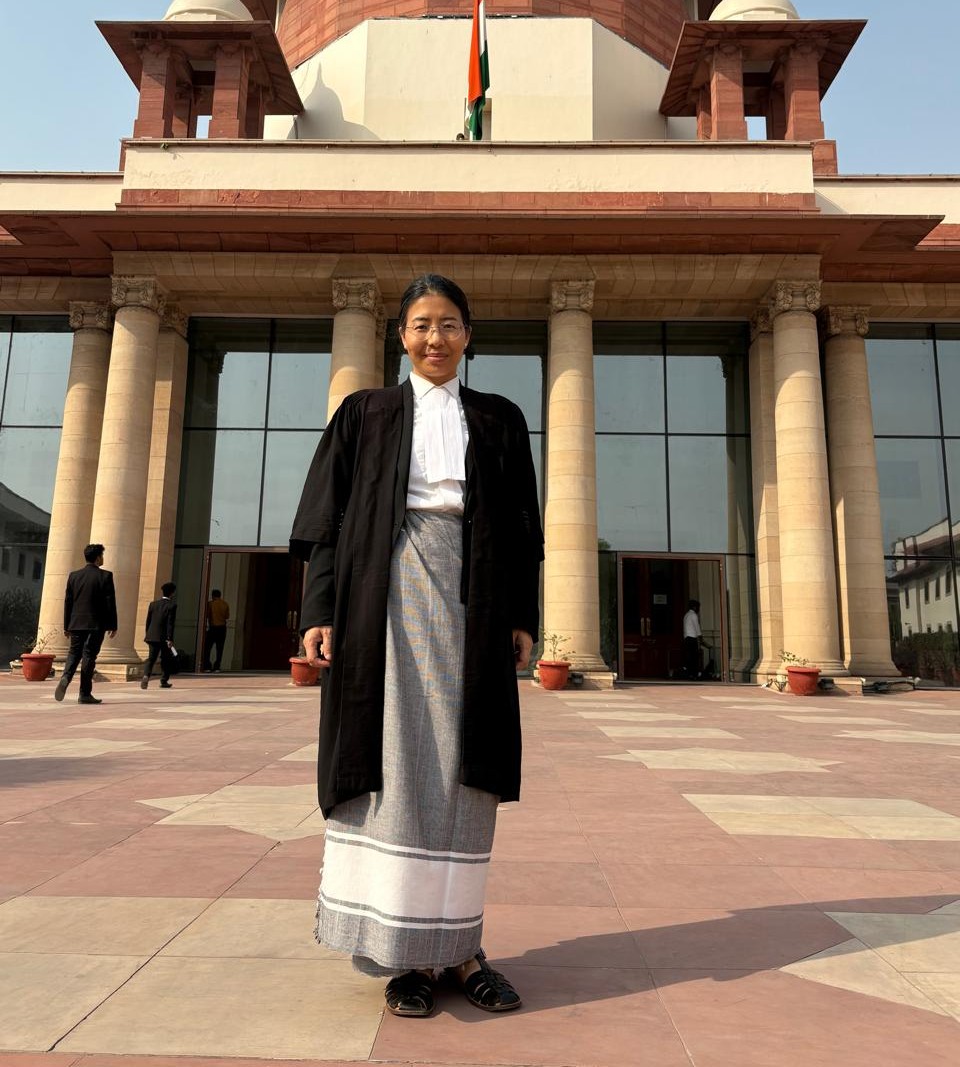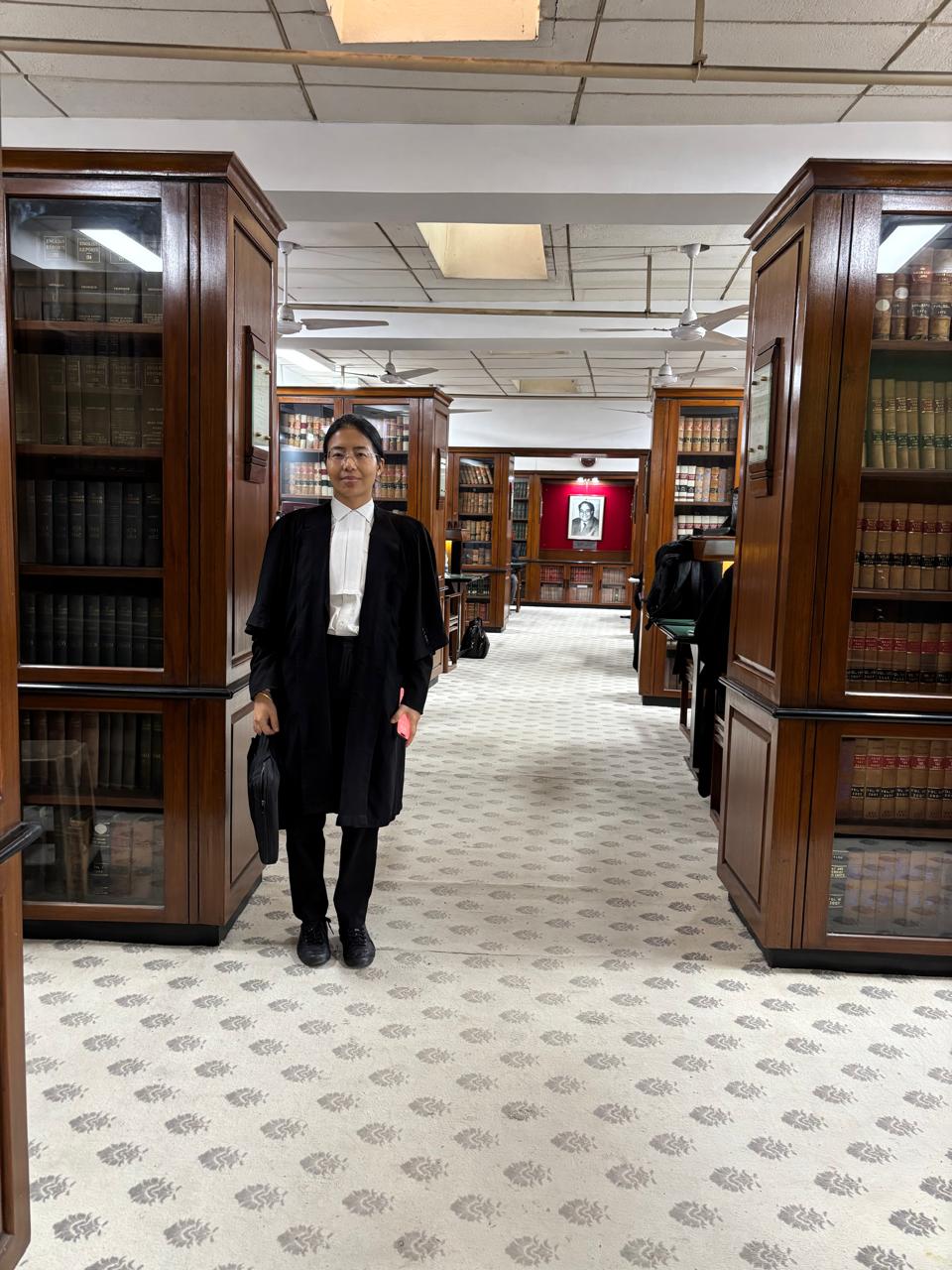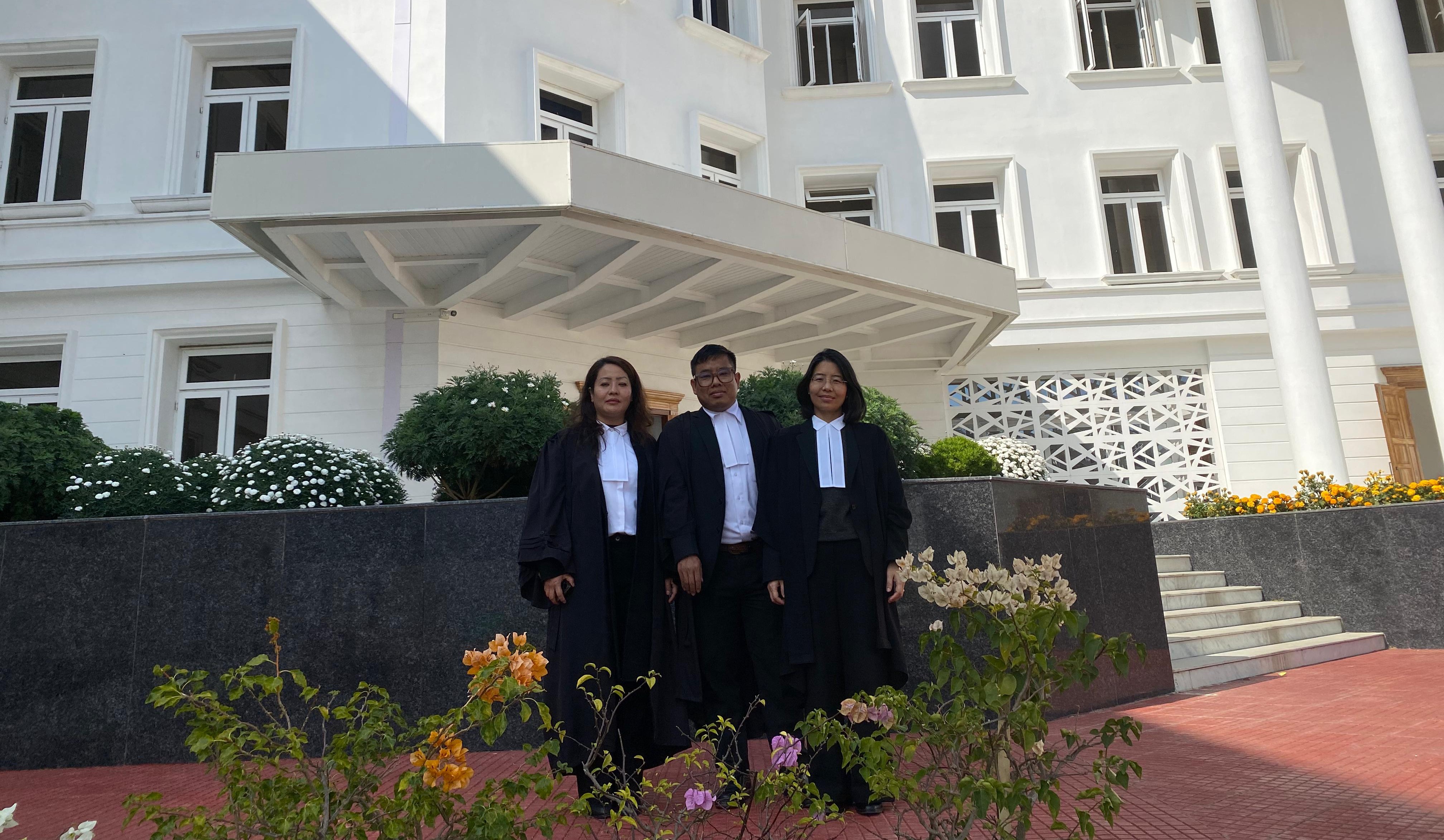
- K Enatoli Sema
- DIMAPUR — Having
grown up in an environment where courtroom conversations and legal jargon were
part of daily life, 45-year-old K Enatoli Sema’s journey into law felt more
organic than planned.
- She began
her schooling at Little Flower School, Kohima, before moving to Kohima English
School (now Mezhür Higher Secondary School), where she studied till Class 8.
She then attended the Convent of Jesus & Mary, Shimla, for classes 9 and
10.
- For her
pre-university studies, she joined Mount Carmel College, Bangalore, while
considering an application to National Law School. Unsure about pursuing law at
the time, she opted for a BA at St. Stephen’s College, Delhi University, and
later enrolled at Campus Law Centre to study law.
- Having
grown up surrounded by leather-bound law reports and conversations about
courtrooms, lawyers, and circuit benches, the idea of pursuing law was always
in the background for her. Her decision to join Campus Law Centre (CLC) was
more organic than intentional. Like many teenagers of that time, she also
considered the civil services and took a gap year after joining CLC to prepare
for the examination and reflect on her future path.
- After a
year of reflection, she realised that a career in the civil services was not
something she truly envisioned for herself, which led her to return to CLC.
However, it was only after she began practising as a lawyer that she felt
certain of her calling.
Also read: Dr. Sosang Longkumer’s take on mushroom farming as a career


